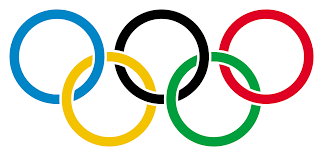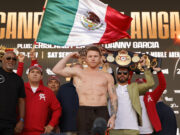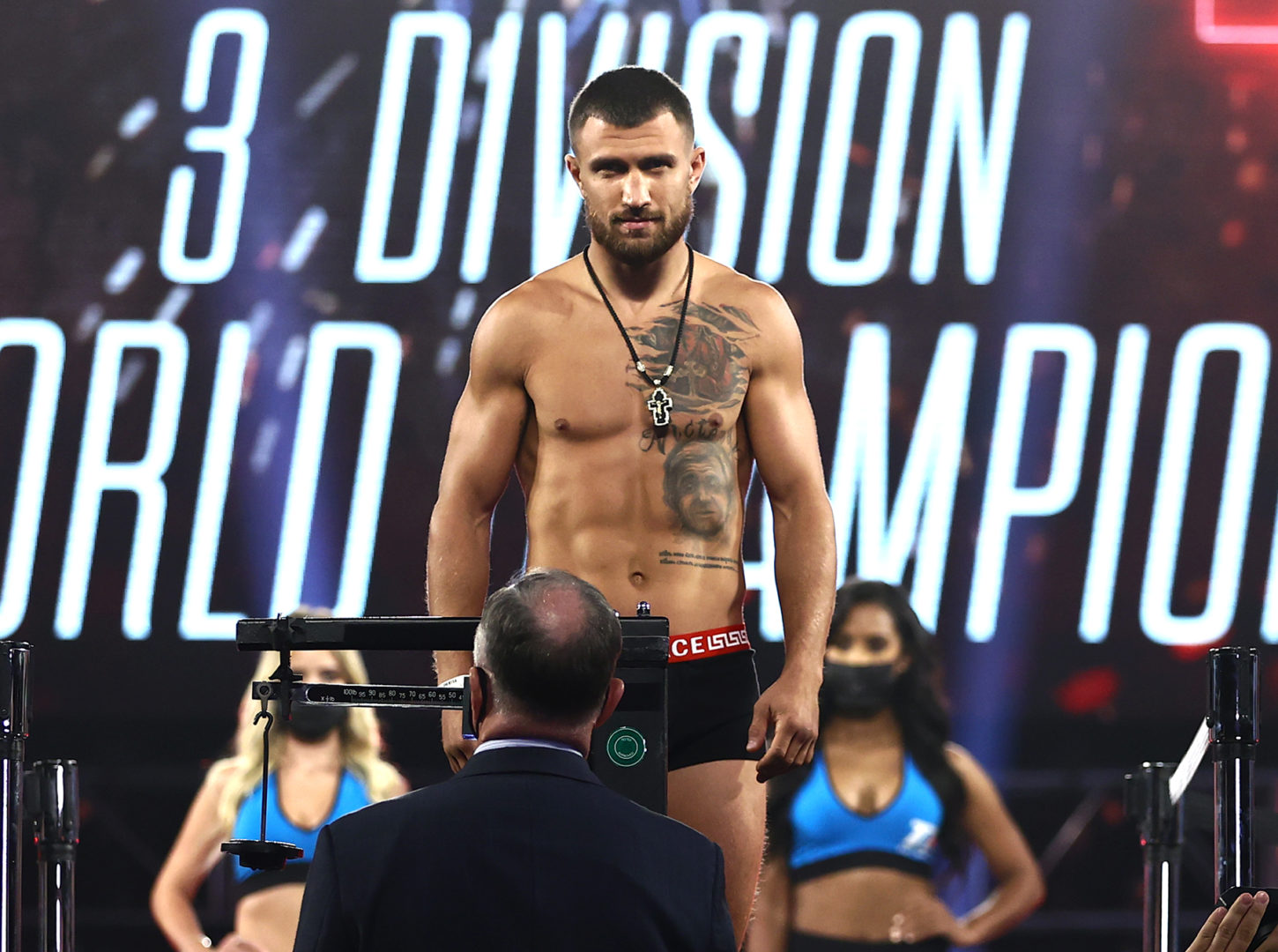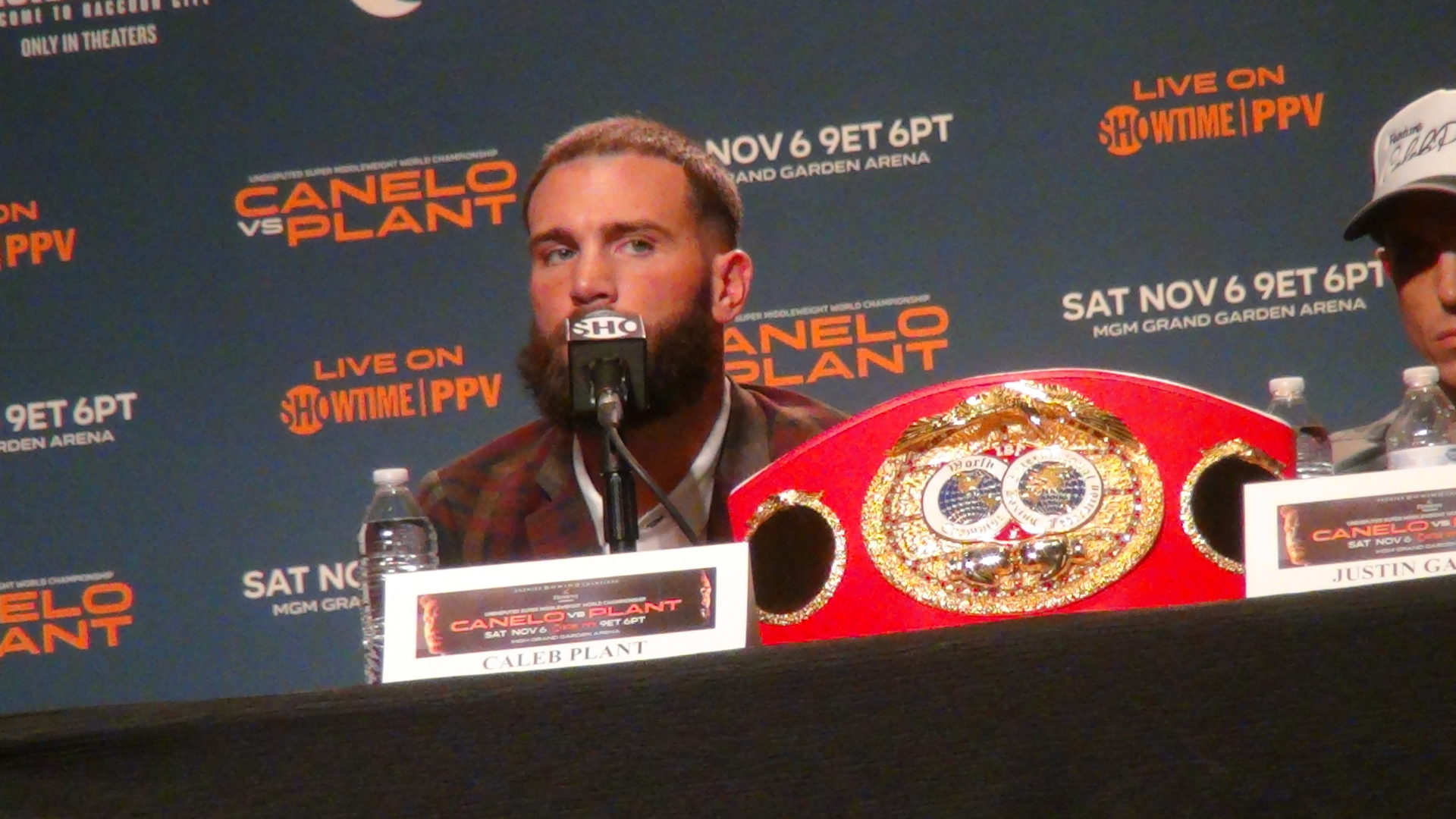
By Norm Frauenheim–
Opening ceremonies mean first bell for an ancient craft older than the Olympics. Punches for medals. Punches for prize-money. Punches for vengeance. Punches for bribes. Punches for national pride. It’s been hit, miss, memorable and misery for as long as anybody can recall.
The show must go on, this time in Tokyo for troubled Olympics dubbed the Pandemic Games. COVID is no game. I’m not sure these Olympics will be much of a game either. But the modern version of Olympics has survived world wars and boycotts. It has even survived boxing, an Olympic stepchild again at the brink of expulsion for scandals that have become a permanent scar.
Preliminary bouts begin Friday without the usual acronym, AIBA, running the show. In effect, AIBA is on probation for reported financial transgressions, controversial judging and who-knows-what-all. That leaves questions about who and how judges and referees will be appointed. And paid. The International Olympic Committee says it will be running the competition. But if the IOC really knew anything about boxing, the corruption would have ended generations ago.
Boxing, which can be as resilient as it is corrupt, survives in spite of itself. It’s there in part because third-world nations don’t need world-class swimming pools to field a team. A pair of hand-me-down gloves can be a down payment on a ticket to the Olympic ring. According to the IOC, boxers from 73 nations are in Tokyo. Everybody fights. It’s a common language, understood as much as it is forever feared.
But there’s even more. There’s the history. The Olympics just wouldn’t be the same without the names and legends who have stepped through the ropes and onto the medal stand.
Here are a few, a pound-for-pound look at Olympic boxing.
1. – Teofilo Stevenson. He’s the Olympic legend, one that captures worldwide imagination because there appeared to be no limit on what he could have done. He was the beginning of the Cuban legacy. Fidel Castro had outlawed the pro game. He won three gold medals – 1972, 1976 and 1980. He never fought as a pro. But there was talk that he was better than Muhammad Ali, the original GOAT (Greatest Of All Time.)
2 — Ali. Then named Cassius Clay, he won gold in 1960 at light-heavyweight, He would later change his name and the world. Somehow, he lost the medal. He said he threw it into the river in hometown Louisville. It was a good story, but it isn’t true. The medal was never found. But the Olympics never forgot him. He lit the Atlanta cauldron in 1996.
3 – Joe Frazier. Without Joe, the Ali legend wouldn’t be the same. Frazier, a heavyweight gold medalist in Tokyo in 1964, and Ali created a defining rivalry. There are great rivalries. But there is only one Ali-Frazier
4 — George Foreman. Like Frazier, the Ali story wouldn’t be the same without Foreman, a 1968 gold-medalist who will forever be remembered for a photo of him clutching a small American flag in his bear-paw-sized hand after his victory in Mexico City. Without Foreman, there would have been no Rumble In The Jungle, Ali’s epic victory in Zaire.
5 – Felix Savon. He furthered Stevenson’s Cuban legacy, winning gold in 1992, 1996 and 2000. He might have won a fourth if not for Castro’s boycott of the 1988 Seoul Olympics.
6 — Sugar Ray Leonard. The light-welterweight gold-medalist was the face of America’s 1976 team, the best US team ever. He put boxing at center stage in Montreal at an Olympics otherwise known for Romanian gymnast Nadia Comaneci. He then became cornerstone for The Four Kings, an era dominated by his rivalries with Marvin Hagler, Thomas Hearns and Roberto Duran.
7 — Laszlo Papp. He was Vasiliy Lomachenko before Loma. A Hungarian, Papp was the first three-time boxing gold-medalist, winning at light-middleweight and middleweight in 1948, 1952 and 1956.
8 — Lomachenko. The Ukrainian won gold at featherweight in 2008 and again in 2012. He won a major title in only his second pro fight. His story continues to unfold in a career that saw him come back with an impressive victory after a loss to Teofimo Lopez in October.
9 — Roy Jones Jr. He’s known for what was stolen from him in 1988. Jones, whose great talent was confirmed throughout his Hall of Fame pro career, got robbed of gold in a light-middleweight bout in Seoul. There was evidence when the fixed scorecards were announced. There was further evidence in secret-police files made public after East Germany fell a couple of years later. The IOC has yet to correct the record. It has yet tp give Jones his rightful gold. It’s no coincidence that the boxing scandals continue.
10 – Oscar De La Hoya. The 1992 gold medalist at lightweight had a great story. He won for his mom, Cecilia, who died nearly two years before the Barcelona Games. His victory also set the stage for a brilliant pro career, one that made him a wealthy man in the pay-per-view industry of the 1990s.
11 – Andre Ward. He won gold for his performance and his poise in 2004. The Americans struggled. But Ward quietly and proficiently won gold at light-heavyweight on the day of closing ceremonies in Athens. An American man hasn’t won boxing gold since. He went onto to an unbeaten pro career.
12 – Claressa Shields. She won two gold, first in 2012 in London and again in 2016 in Rio de Janeiro. Shields, the first American woman to win gold in the Olympic ring, brought international media attention to women’s boxing, new to the Olympics.
13 – Howard Davis. The 1976 lightweight gold medalist, Leonard’s teammate, was voted the most outstanding boxer on a team that also included gold-medalists Leon and Michael Spinks.
14 – Vassily Jirov. The 1996 light-heavyweight gold medalist got world-wide headlines long before Gennadiy Golovkin and long before anybody knew where Kazakhstan was. Jirov, also a former IBF light-heavyweight champ also got the Val Barker Trophy for a memorable gold-medal run that included an upset of favored American Antonio Tarver in the semi-finals.
15 – Floyd Patterson. He won gold as a middleweight in 1952. Likeable yet shy, he went on to fight as an undersized heavyweight, winning the title twice, first against Archie Moore and then in a rematch with Ingemar Johanssen. At the time (1956) of his victory over Moore, Patterson was 21, then the youngest heavyweight champ in history.





















